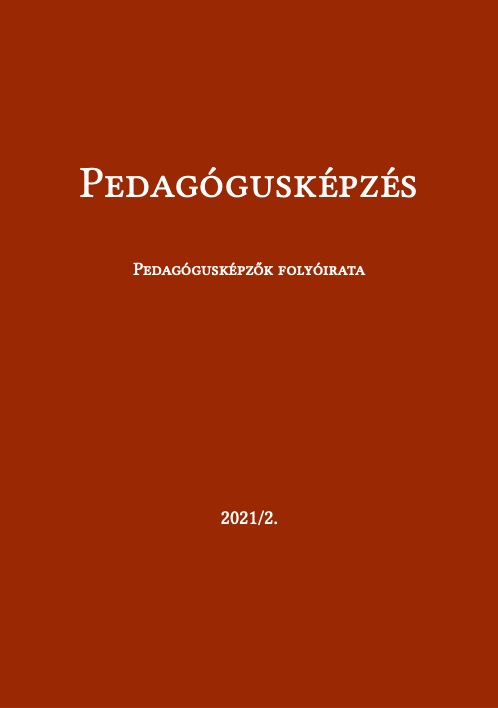Kooperatív tanulás a digitális távolléti oktatásban
DOI:
https://doi.org/10.37205/TEL-hun.2021.2.04Keywords:
cooperative learning, distance learning, organising learning, motivationAbstract
The theory of cooperative learning has more than 40 years of studies and literature. It is mentioned by the Hungarian researcher Horváth as the method of efficient education, Varga and Arató underline the fact that it can be productive only if all the principles are applied. They consider it as a teaching method, not a sort of techniques (Arató, Varga, 2008). Despite its numerous benefits such as the development of cooperation skills (Benda, 2002), or the acquirement of the rules of social behaviour (Nagy, 2000), the experience of the help to each other (M. Nádasi, 2000), the elaboration of the frustration (Hunyady, M. Nádasi, 2001), it is poorly applied in the practice of teaching. The actual action research was applied by a secondary school in Kaposvár with the collaboration of the University of Pécs, Institute of Education in the framework of a training (EFOP 3.1.2). Though the research has been blocked by the pandemic, cooperative learning could be helpful in reducing difficulties in times of distance learning. The purpose of this essay is to examine how cooperative learning can help students and teachers regarding organising learning, checking, increase student motivation and reinforce student’s well-being.
Downloads
Published
How to Cite
Issue
Section
License
Copyright (c) 2021 The author(s)

This work is licensed under a Creative Commons Attribution-ShareAlike 4.0 International License.








